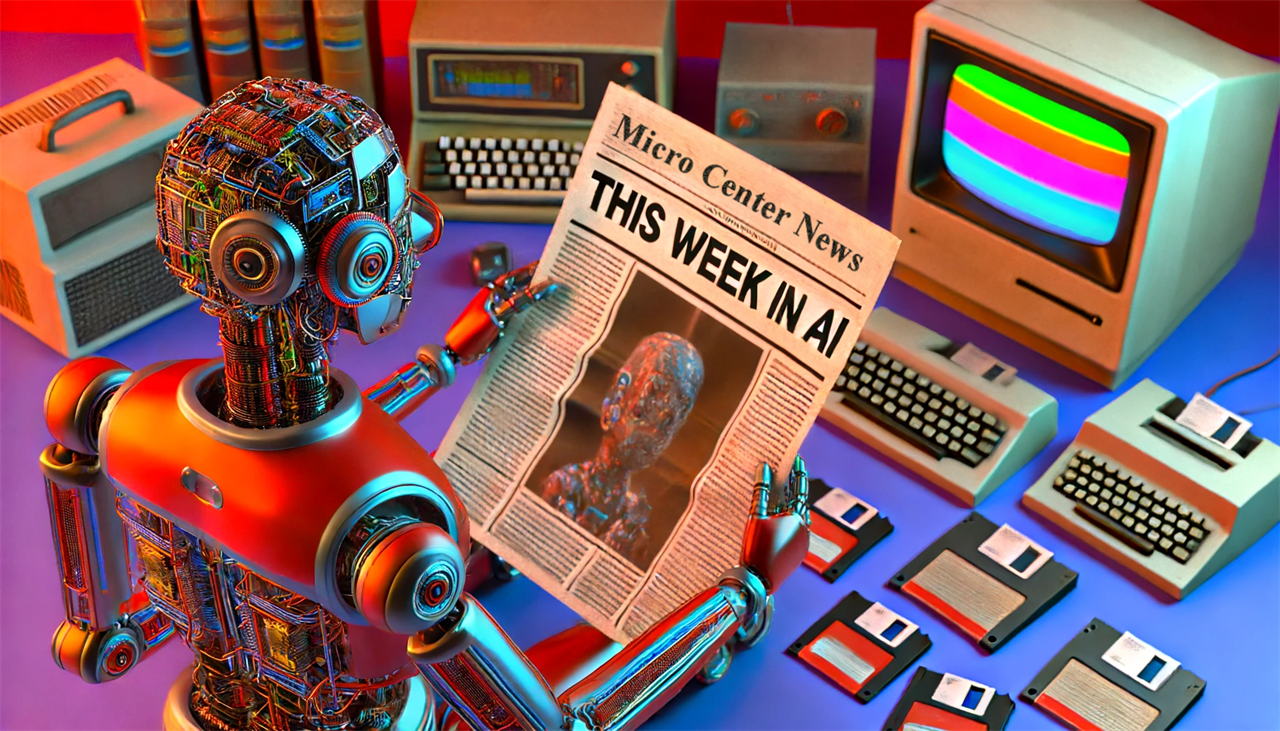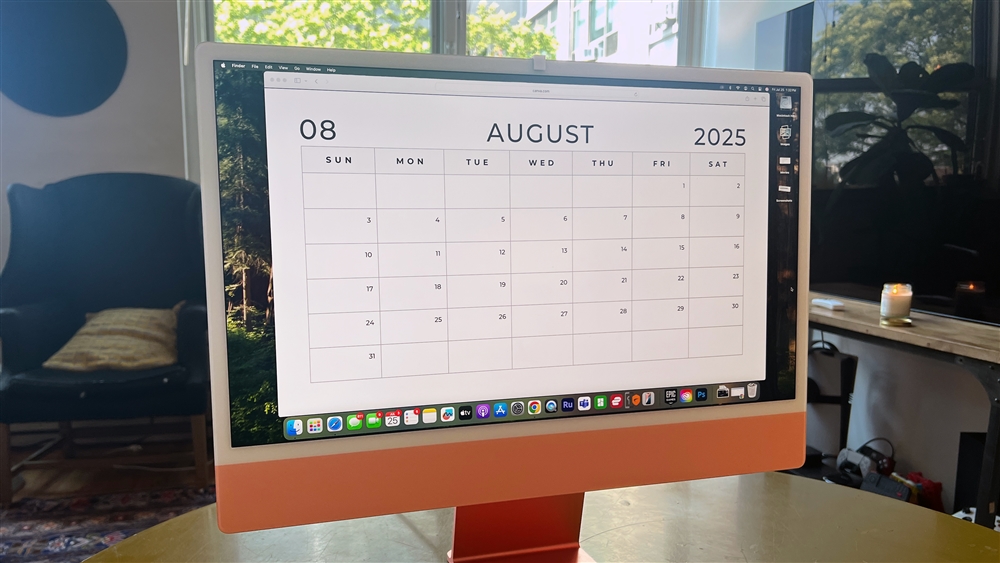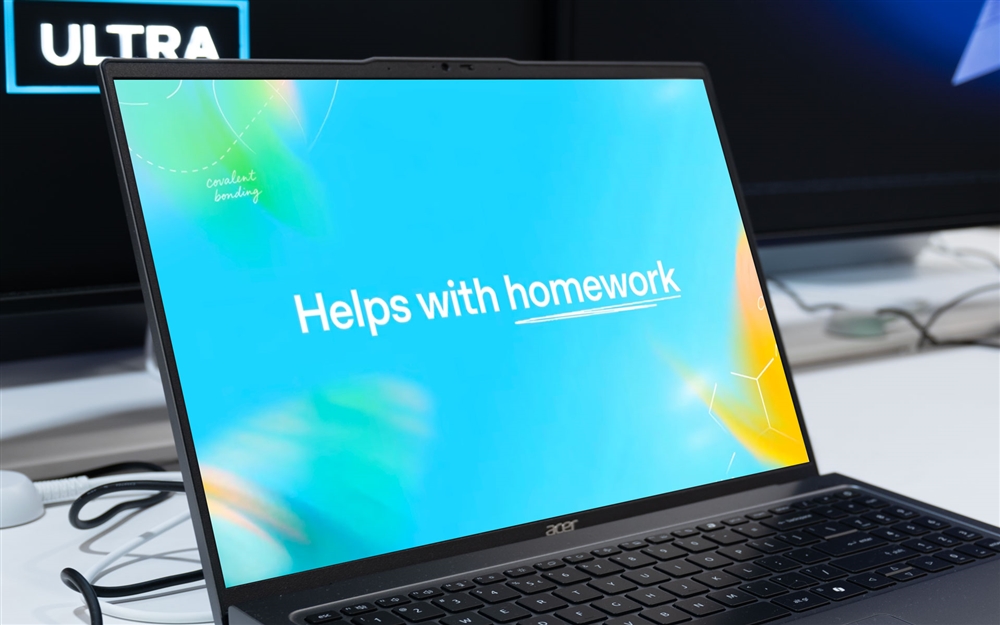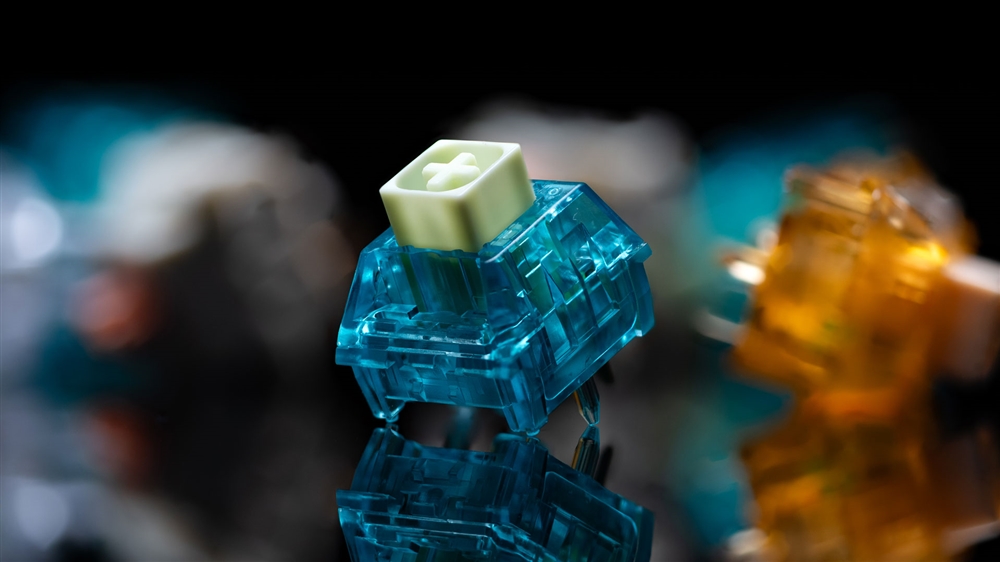This Week In AI: Artificial Intelligence May Have Had Its iPhone Moment
For June 14, 2024: Apple Intelligence, Adobe profits, Windows Recall AI changes.News

When Apple announced its take on artificial intelligence, most tech industry watchers expected the company was going to be catching up to OpenAI, Google, Microsoft and Facebook. Instead, Apple Intelligence may have been another iPhone moment for the tech industry.
When Apple co-founder Steve Jobs announced the iPhone in 2007, the company was many years late to the trend. PDAs were already popular, with big names like Blackberry, Palm, Windows Mobile and Nokia becoming a central part of millions of people's lives. But Apple made the technology so easy to use and understand that some rival tech executives didn't even think it was real.
"What we want to do is make a leapfrog product that is way smarter than any mobile device has ever been, and super easy to use," Jobs said when announcing the iPhone in 2007. "We're going to reinvent the phone."
Apple may not have had the pomp of a Jobs demo for its entry into AI, but tech companies are taking it just as seriously. Apple Intelligence is already setting itself apart by putting a focus on automating annoying tasks like looking up flight information from an email, or summarizing a text message chain.
"We are embarking on a new journey to bring you intelligence that understands you," Apple Senior Vice President of Software Engineering, Craig Federighi said while announcing the company's new AI efforts.
Apple Intelligence wasn't the only AI news, though. Here's some other things that happened this week:
Microsoft shifts Recall
Microsoft has pushed back its plans to launch the AI-powered automatic system history and screenshotting feature called Windows Recall. In a blog post, the company said: "Recall will now shift from a preview experience broadly available for Copilot+ PCs on June 18, 2024, to a preview available first in the Windows Insider Program (WIP) in the coming weeks. Following receiving feedback on Recall from our Windows Insider Community, as we typically do, we plan to make Recall (preview) available for all Copilot+ PCs coming soon."
When it does launch on Copilot Plus PCs powered by Qualcomm Snapdragon X chips, the tool will be opt-in instead of opt-out, and Microsoft also increased security features for Recall, including requiring biometric "Windows Hello" security in order to turn it on, and in order to view Recall data.
Initial brands of Copilot Plus PCs include HP, Dell, Lenovo, and Microsoft's own Surface line.
Adobe's AI pays off
Adobe reported better-than-expected profit and sales for the three months ended May 31, including from its Creative Cloud subscriptions service, which now includes several AI tools.
That was good news for investors after the company had come under criticism for new and unclear terms of service changes that some customers worried would give Adobe the right to train its AI technologies using their work. Adobe responded by promising changes to its legal wording, including reassurances that it will "never" use customer data to train its AI tools.
"In a world where customers are anxious about how their data is used, and how generative AI models are trained, it is the responsibility of companies that host customer data and content to declare their policies not just publicly, but in their legally binding Terms of Use," Adobe wrote in a statement on its webite. "We recognize that trust must be earned."
Google still (sometimes) recommends glue for pizza
It was just a couple weeks ago we were all discussing Google's AI Overview, which provides AI-powered summaries to search results, with sometimes amusing or unexpected results. Well, some people decided to test the system a little bit after Google promised fixes.
Before, Google's AI search results recommended adding glue to keep cheese on your pizza based on an old joke someone had apparently posted to Reddit. Now, it still recommends adding glue to pizza, but The Verge found that Google's AI Overview cites those news stories criticizing the company for its original recommendations.
"Every time someone like me reports on Google’s AI getting something wrong, we’re training the AI to be wronger," The Verge's Elizabeth Lopatto wrote.
For the record, ChatGPT says glue should never be added to pizza or any food, as does Google's own Gemini AI, while Apple's Siri points users to a bunch of news stories about the issue.
FTC warns about AI claims
The Federal Trade Commission published a blog post warning AI companies not to misrepresent what their services are or can do.
"Your therapy bots aren’t licensed psychologists, your AI girlfriends are neither girls nor friends, your griefbots have no soul, and your AI copilots are not gods," Michael Atleson, an attorney at the FTC's division of advertising practices, wrote on Tuesday.
He also warned that companies should be careful about how much information they collect, particularly about children. Companies also shouldn't insert ads into a chat interface without clarifying it's paid, he added. And companies should not launch services without "adequately mitigating risks of harmful output," including the chance they'd manipulate children into harmful actions.
"There’s no AI exception to the laws on the books," Atleson wrote.
Perplexing moves from Perplexity
AI startup Perplexity became the focus of media news this week when Forbes accused it of plagiarizing content from multiple news outlets, including Bloomberg, CNBC and Forbes. The issue came to light after Perplexity appeared to use "a custom illustration, several sentences and details that were first reported by Forbes in an exclusive story" in its "Perplexity Pages" feature, as well as an AI-generated podcast.
After Perplexity CEO Arvind Srinivas defended his company and noted that it had referred traffic to the publication, Forbes Chief Content Officer Randall Lane shot back in a post titled, "Why Perplexity's Cynical Theft Represents Everything That Could Go Wrong With AI."
"It’s the perfect case study for this critical moment," Lane wrote. "The post, which looked and read like a piece of journalism, didn’t mention Forbes at all, other than a line at the bottom of every few paragraphs that mentioned 'sources,' and a very small icon that looked to be the 'F' from the Forbes logo – if you squinted."
Read more: AI Tools and Tips
- What is TOPS? The AI Performance Metric Explained
- Copilot Plus PCs vs AI PCs: What's The Difference?
- Microsoft Launches a New Era of Copilot Plus PCs
- Hands-on with the Faster, Smarter ChatGPT-4o AI
- Why Coders are Learning to Love Copilot
- Roll Your Own GPT: Setting Up Your Computer for Local AI
- How to Get NVIDIA Chat with RTX: Local AI for Everyone
- How to Make Sure Your Next Computer Is AI Ready
Ian Sherr is a widely published journalist who's covered nearly every major tech company from Apple to Netflix, Facebook, Google, Microsoft, and more for CBS News, The Wall Street Journal, Reuters, and CNET. His stories and their insights have moved markets, changed how companies see themselves and given readers a unique view into how some of the world’s most powerful brands operate. Aside from writing, he tinkers with tech at home, is a longtime fencer -- the kind with swords -- and began woodworking during the pandemic.










